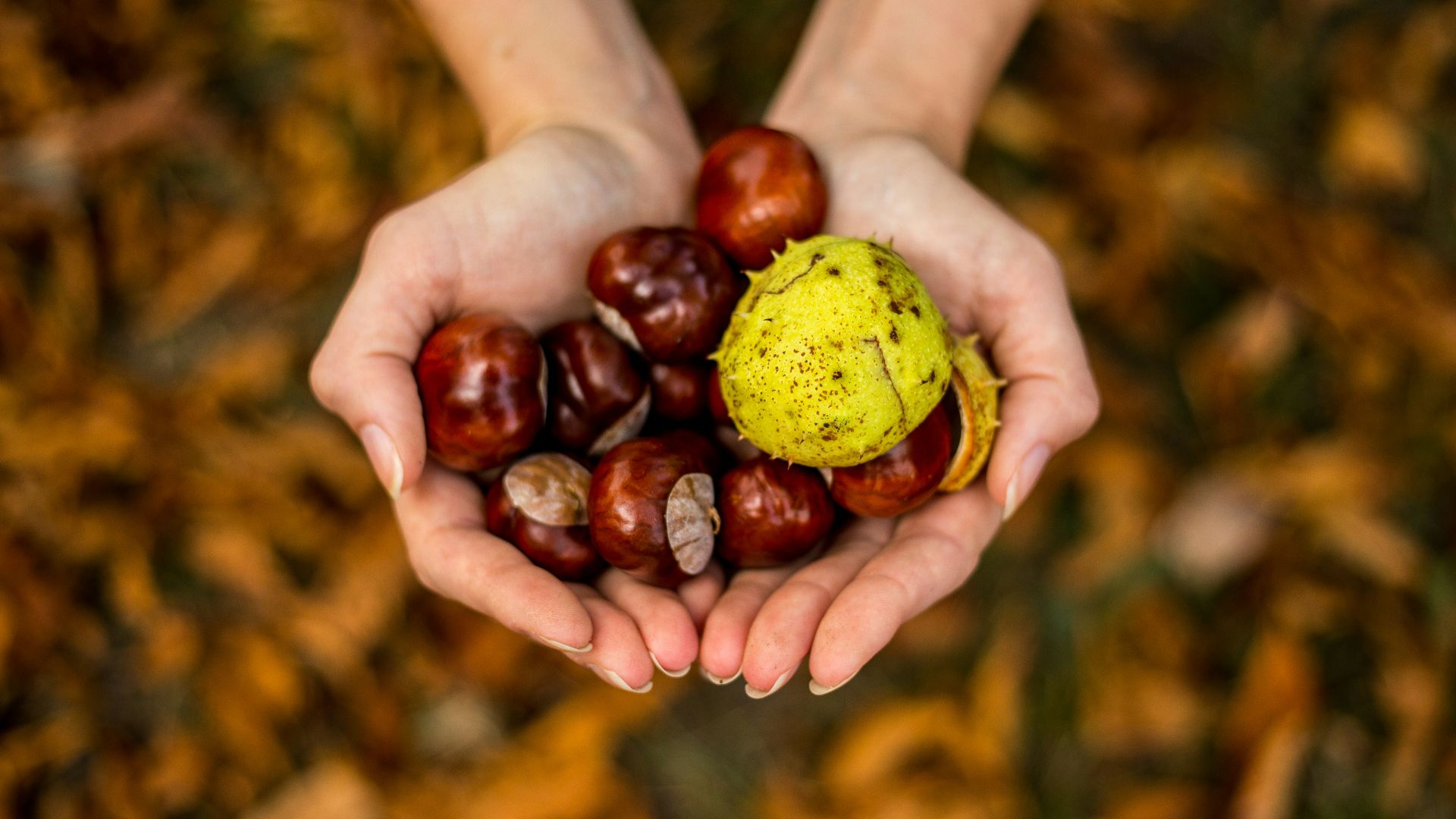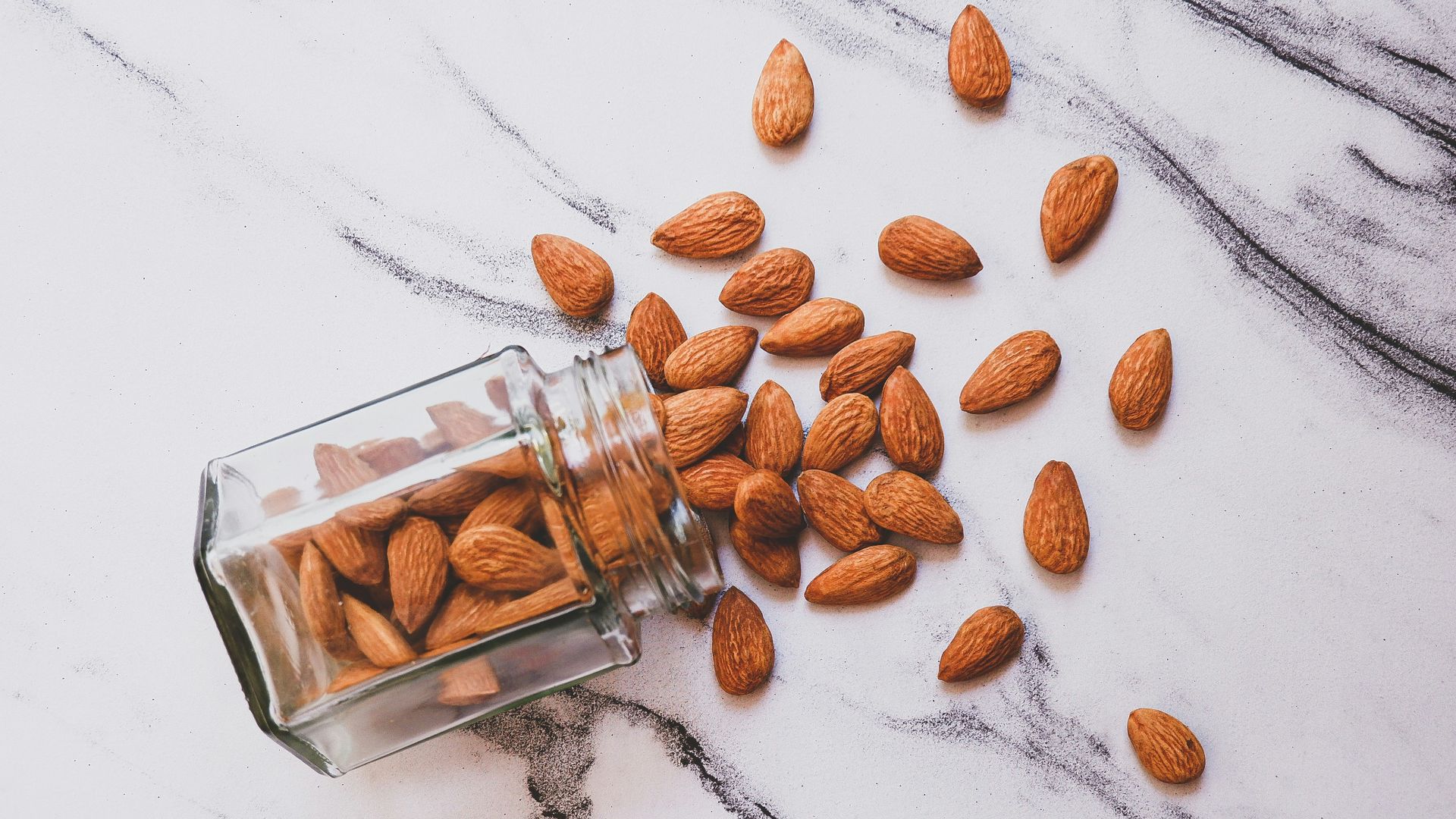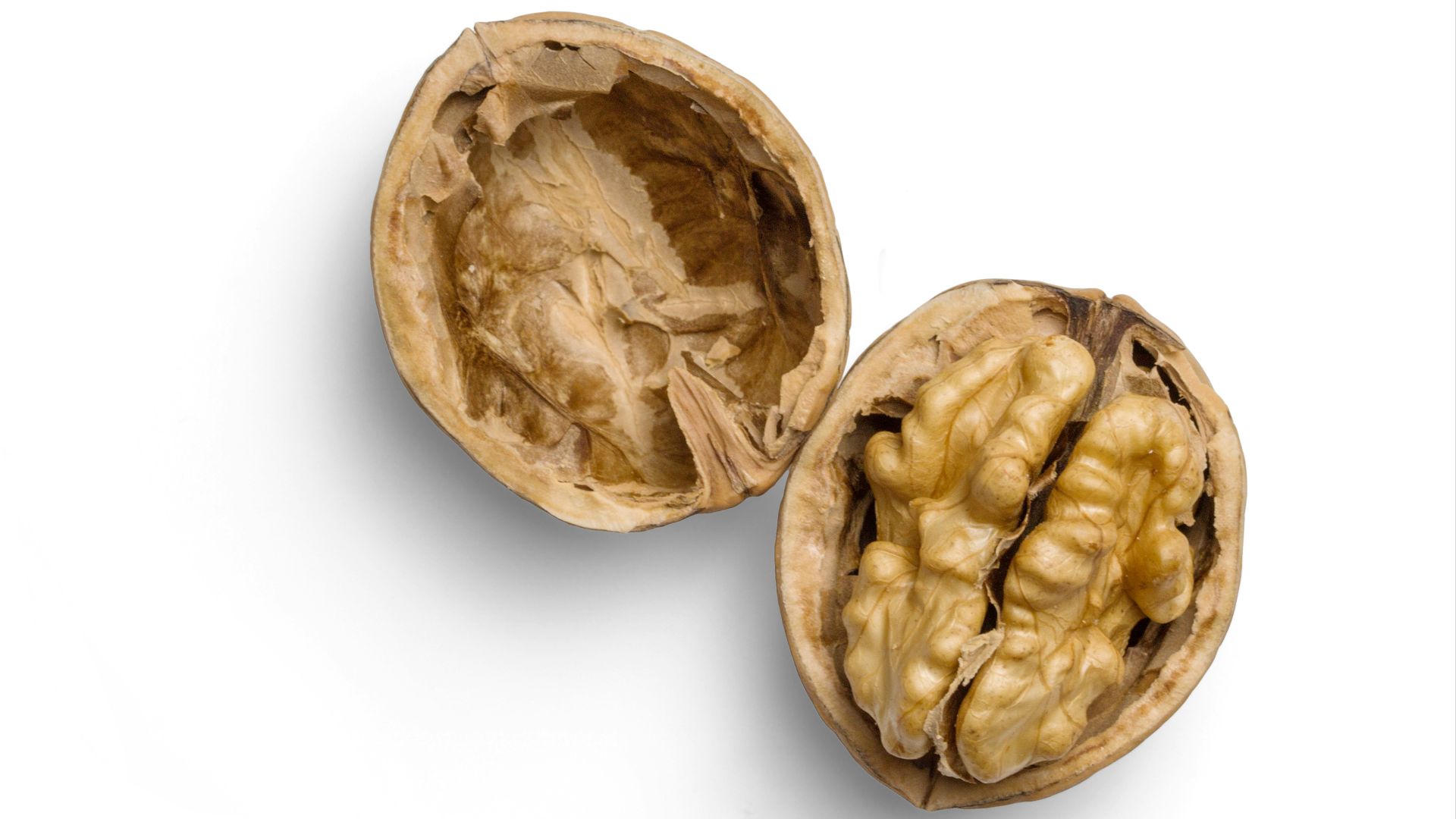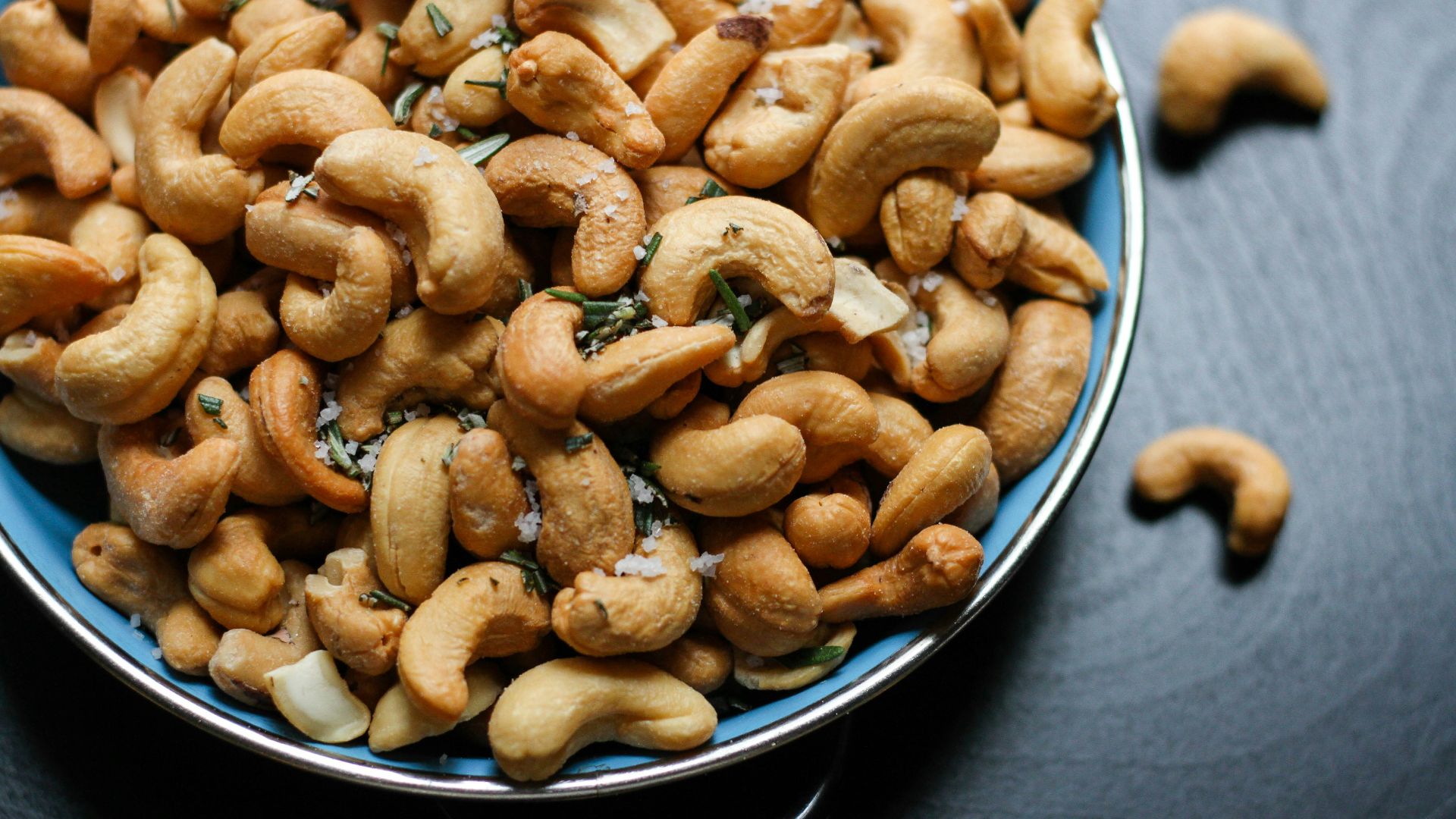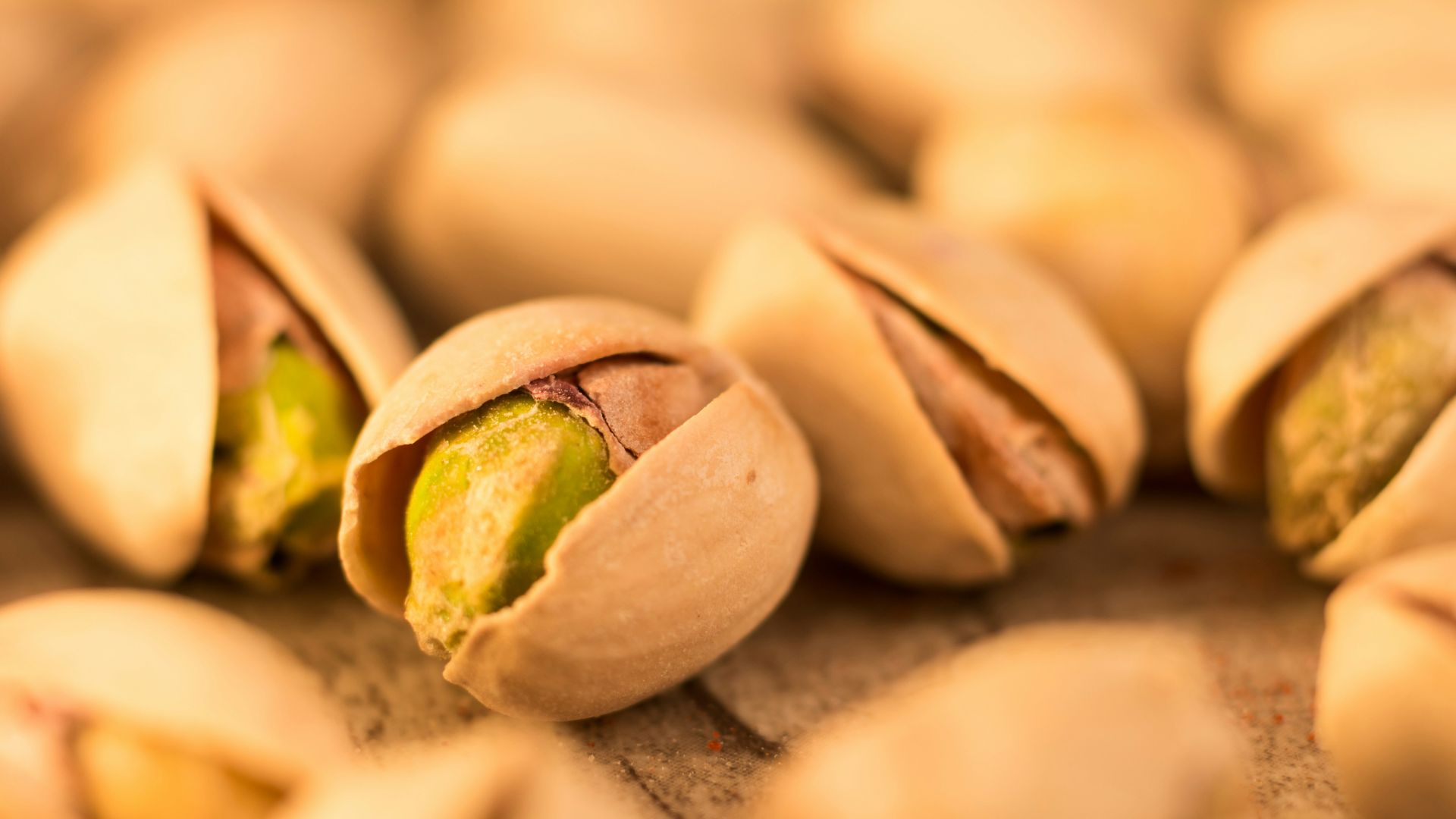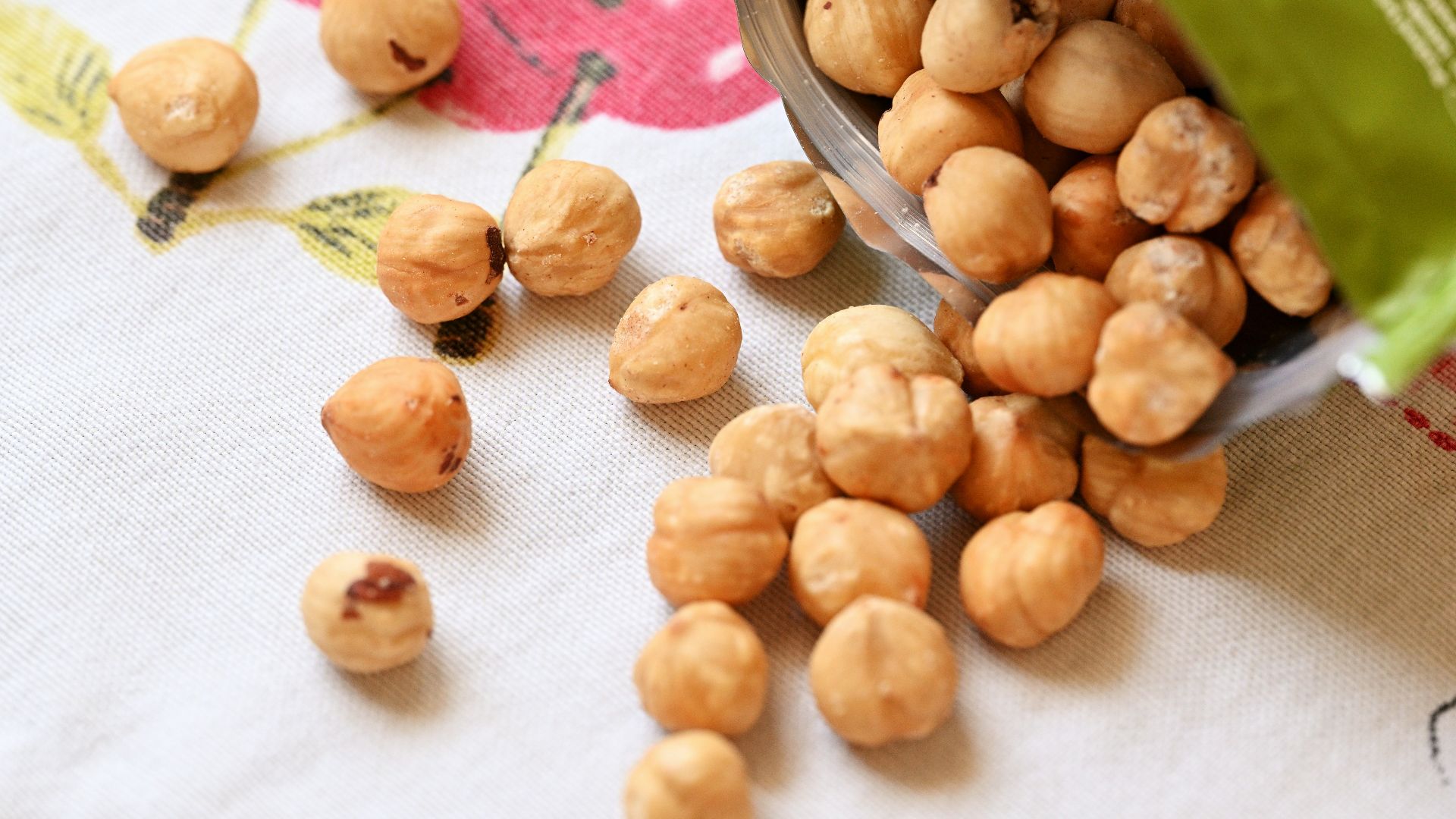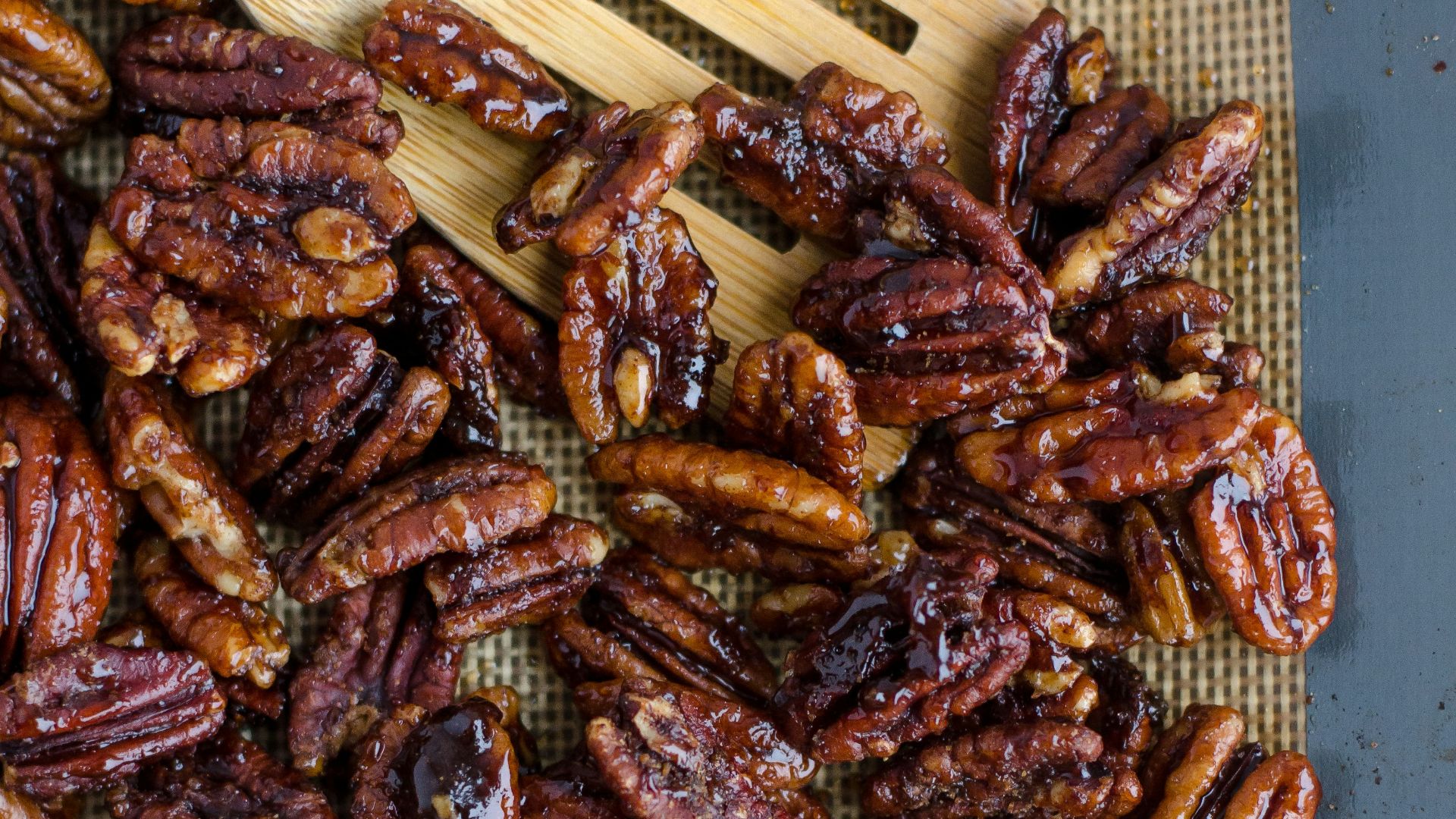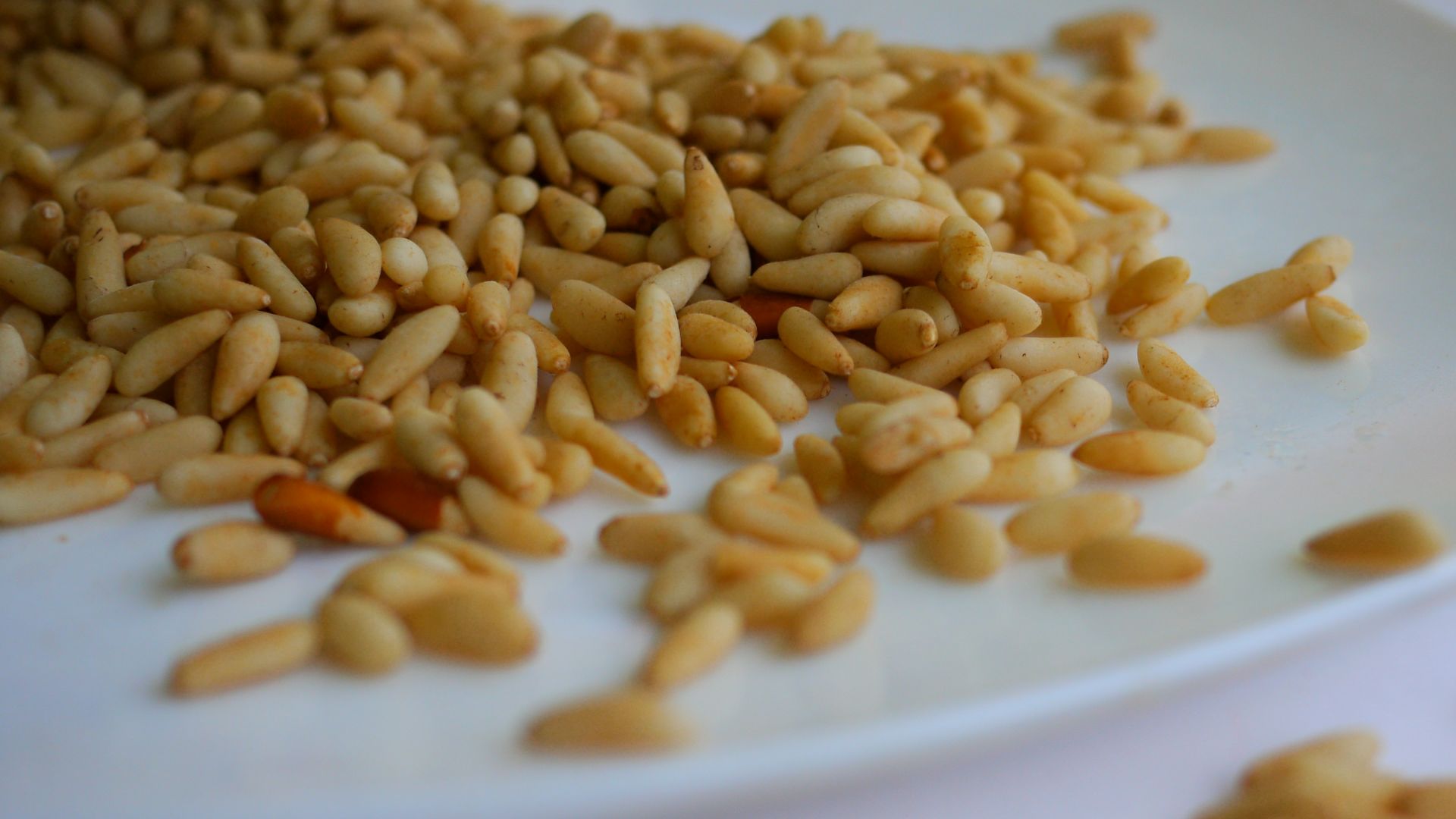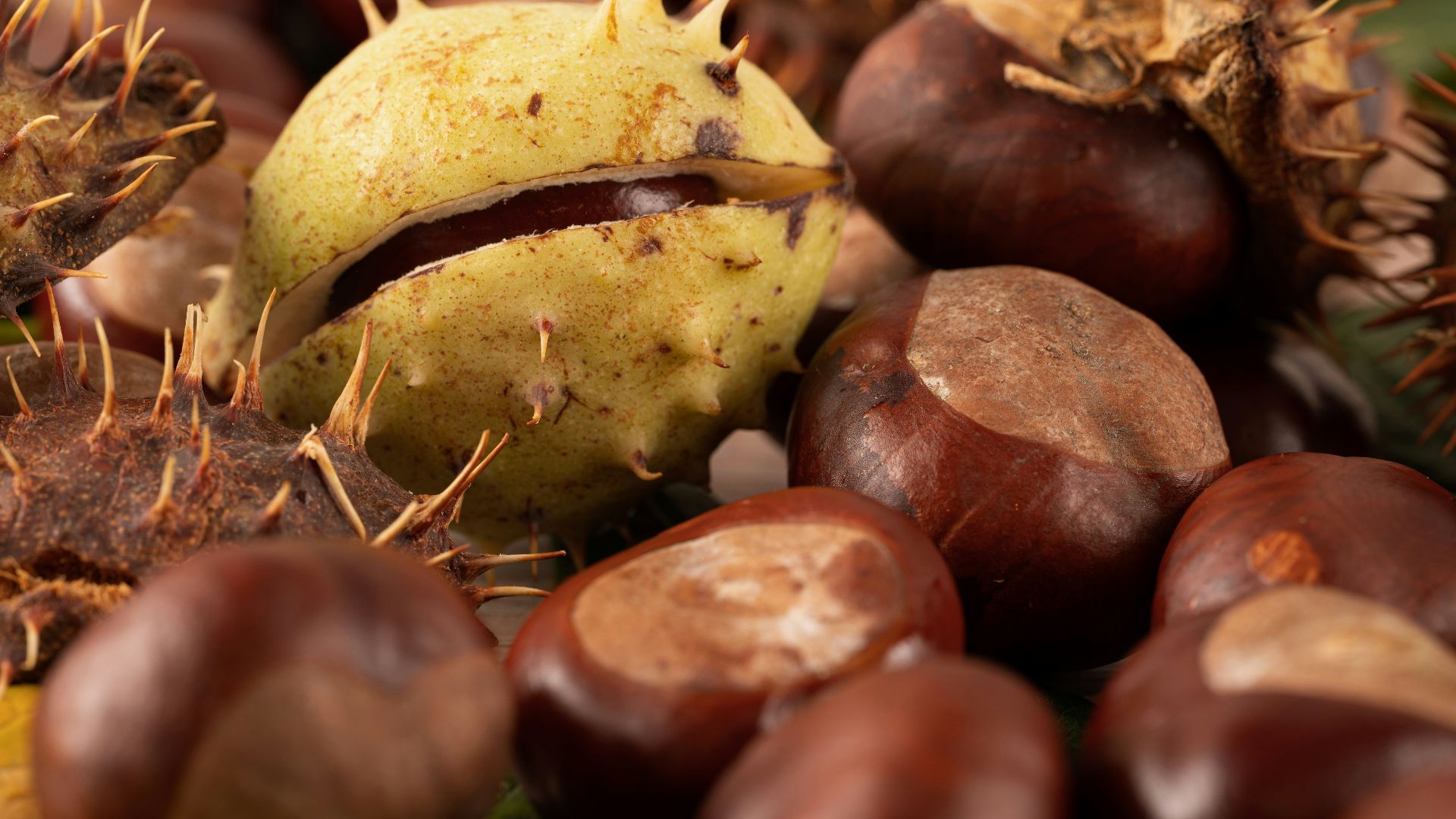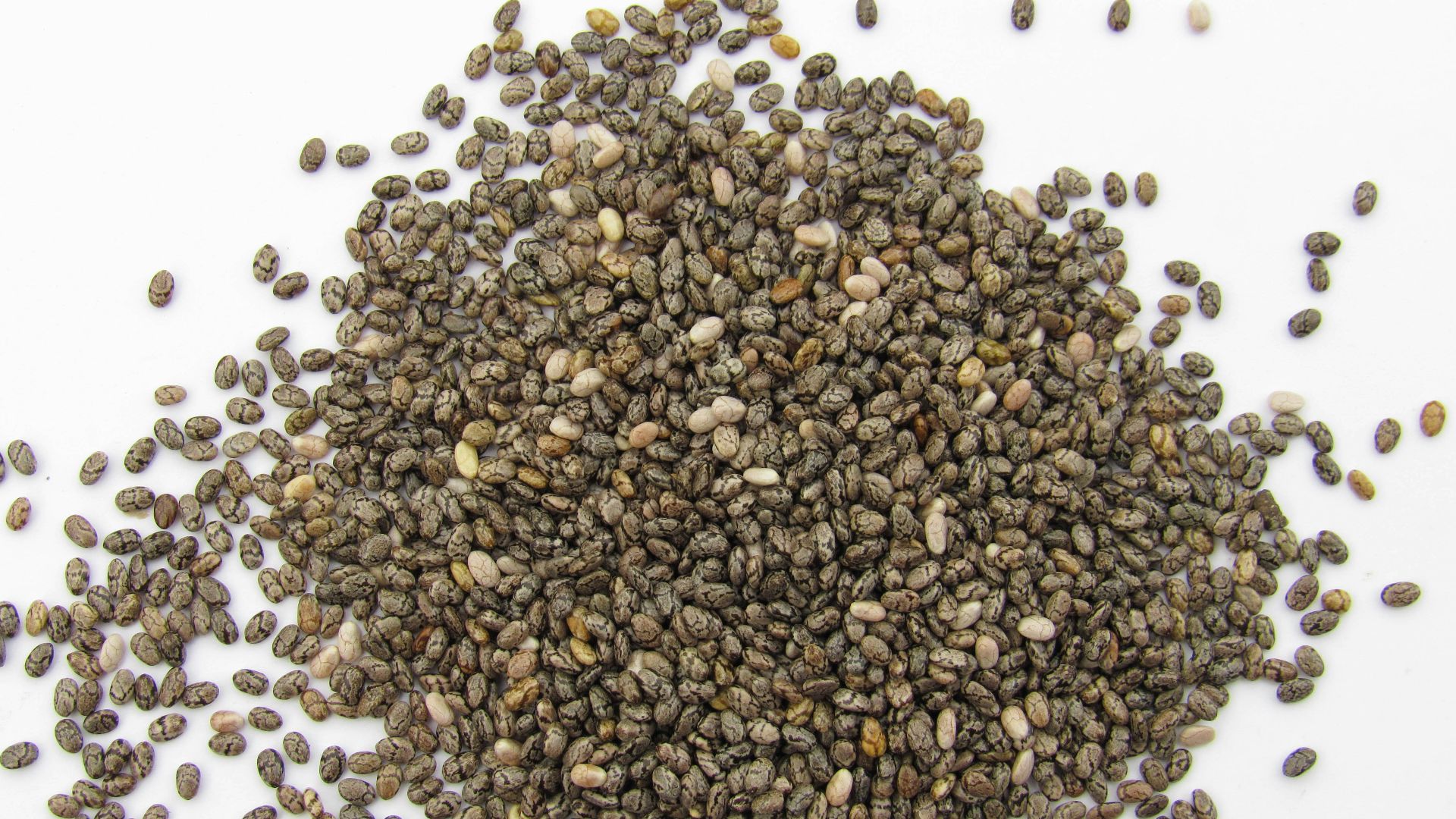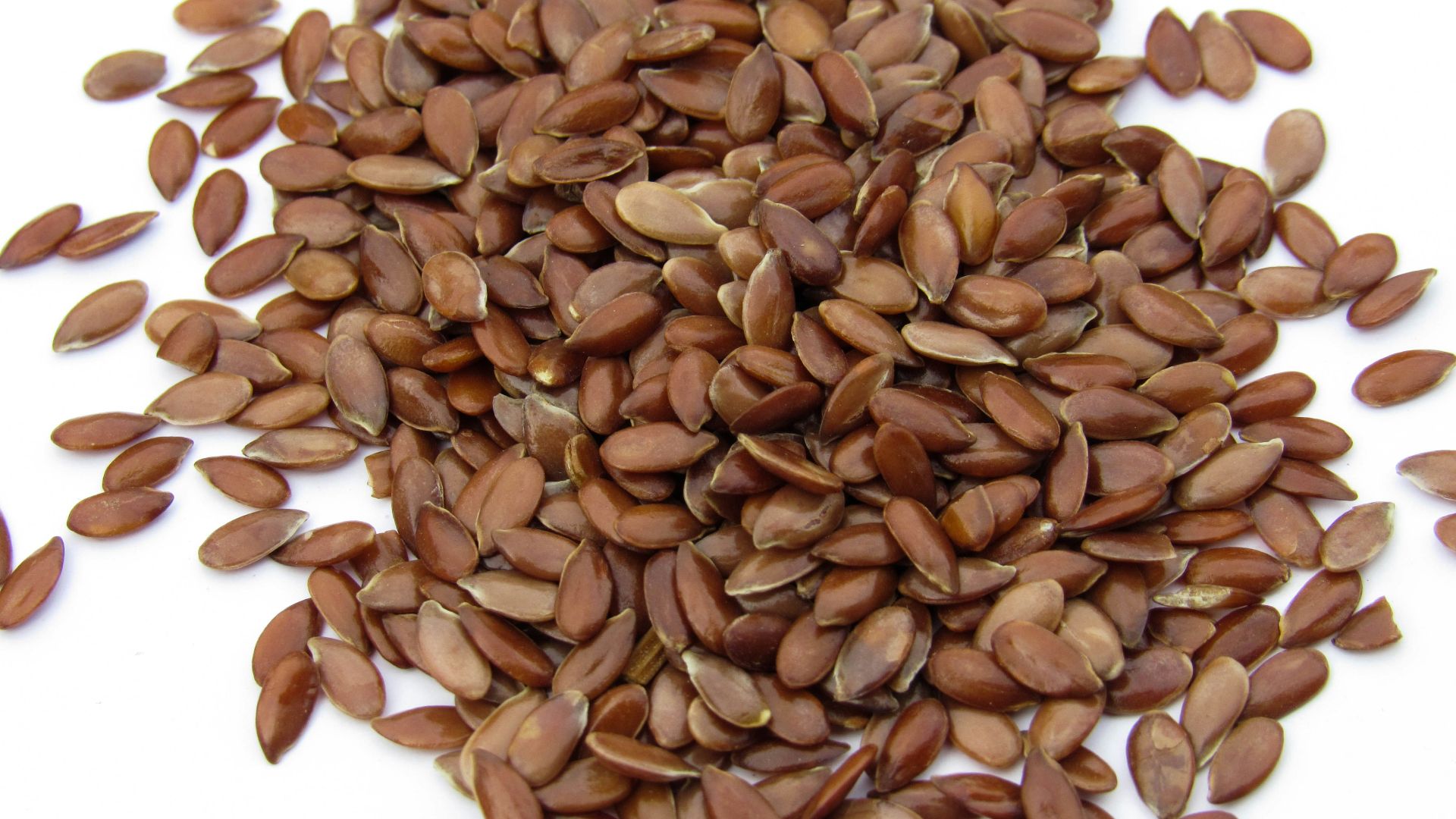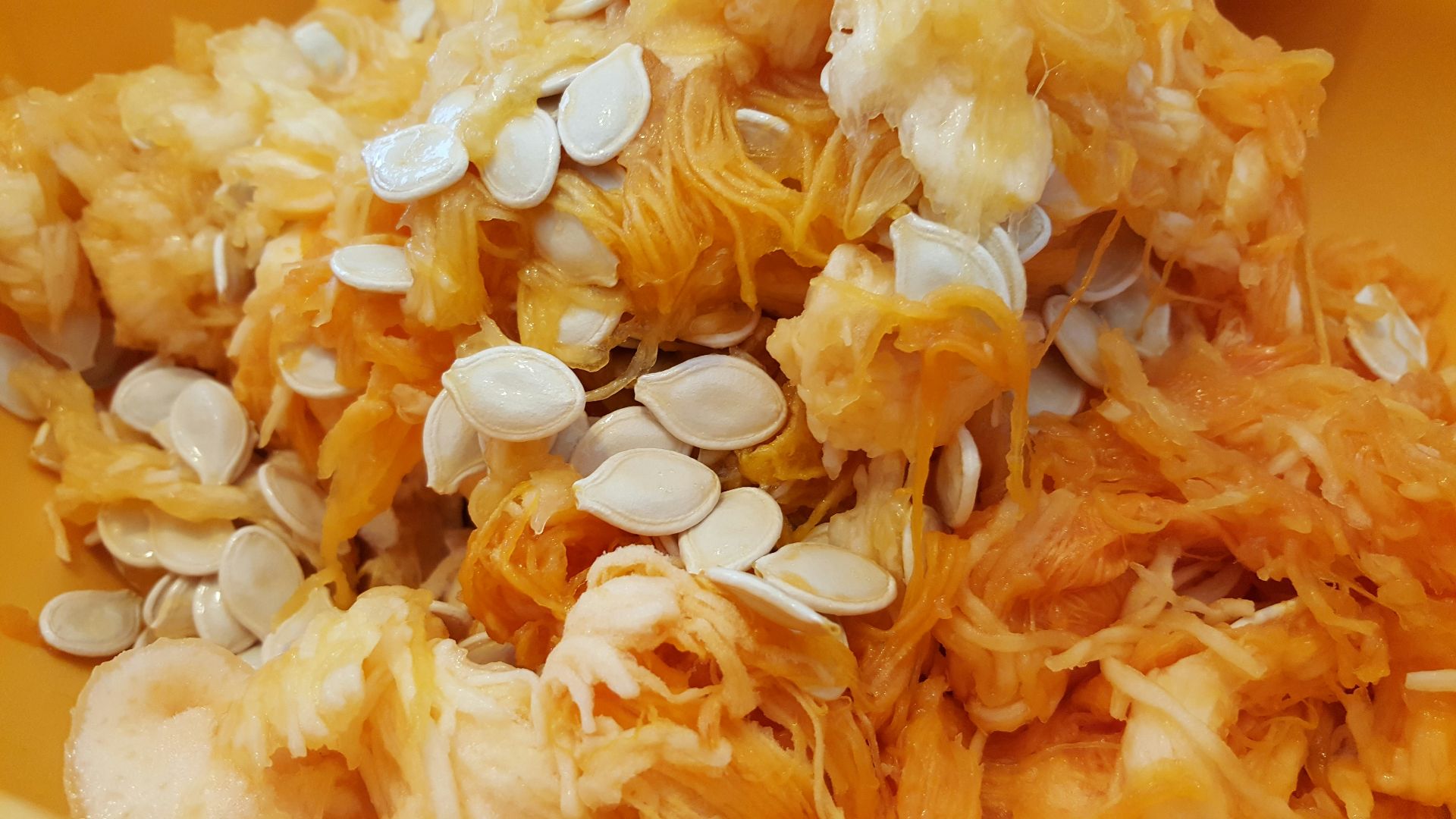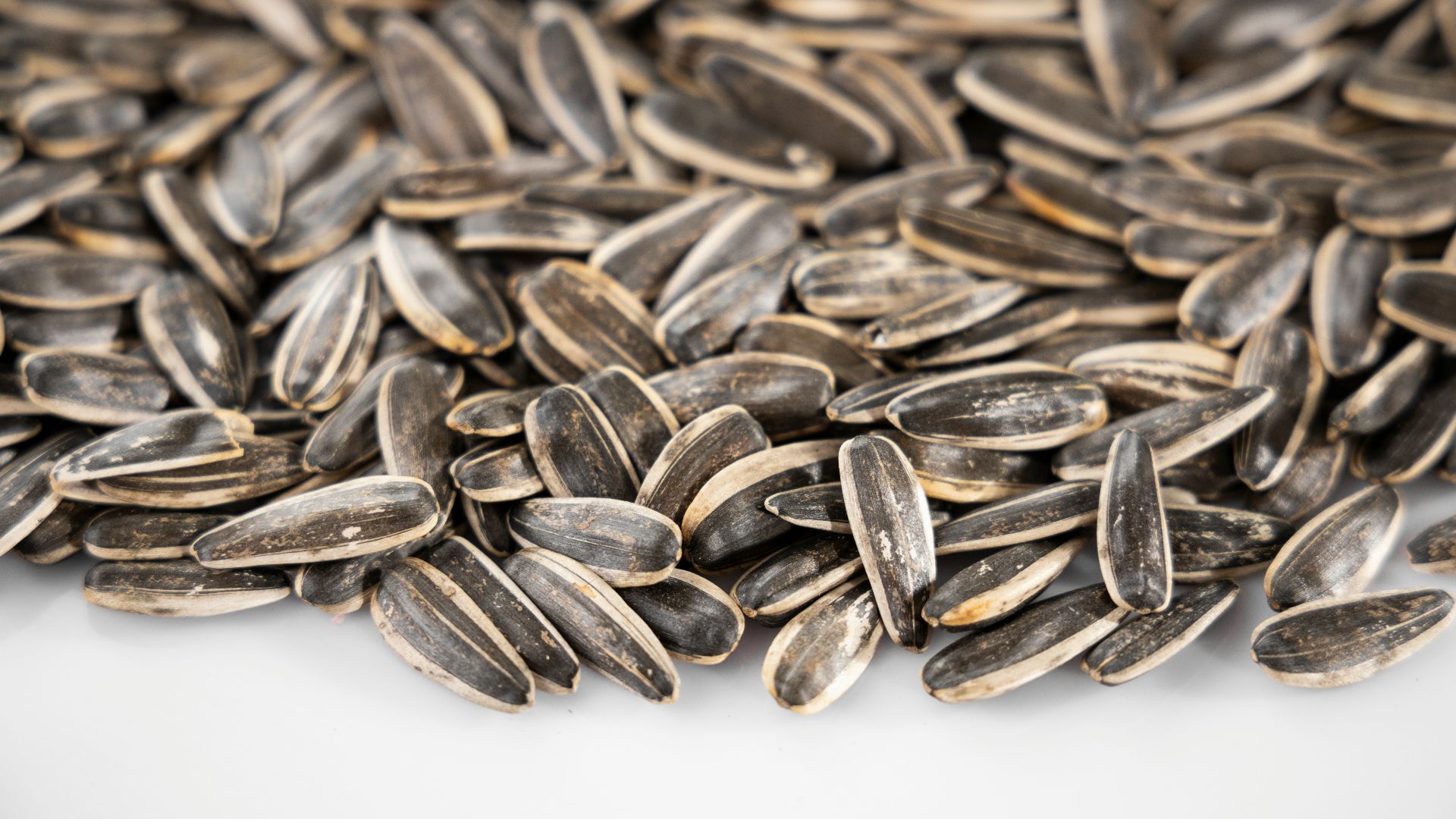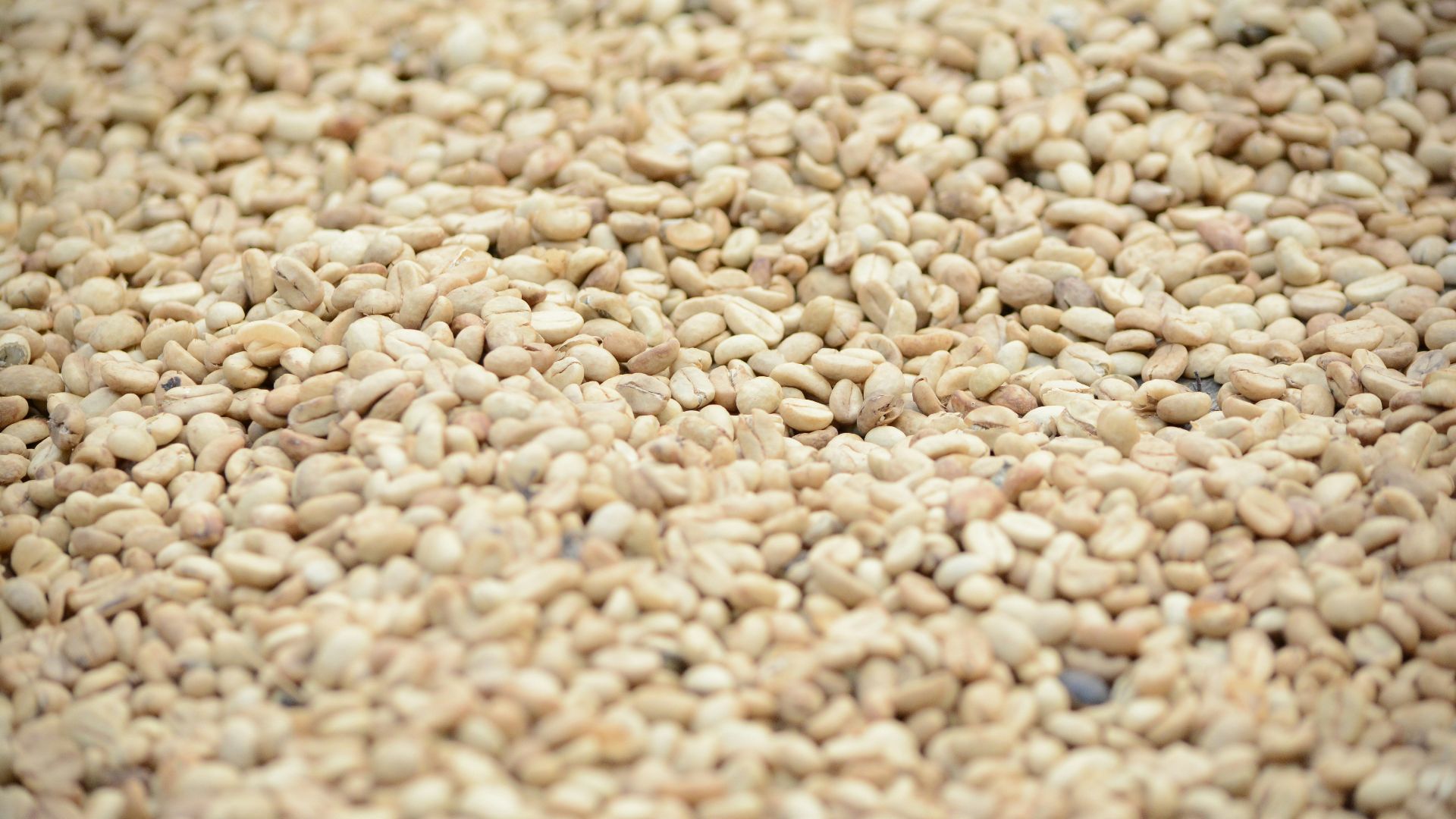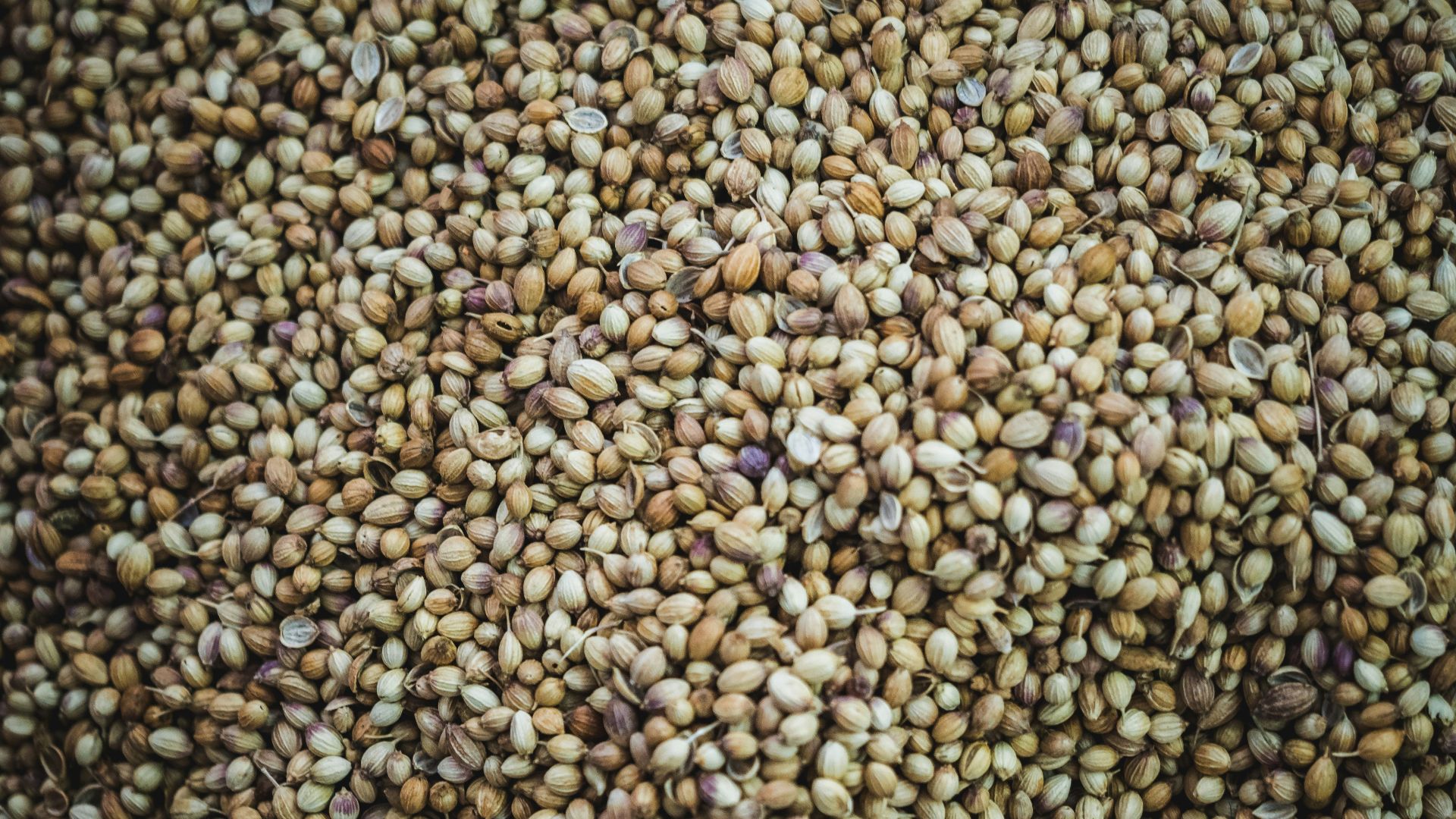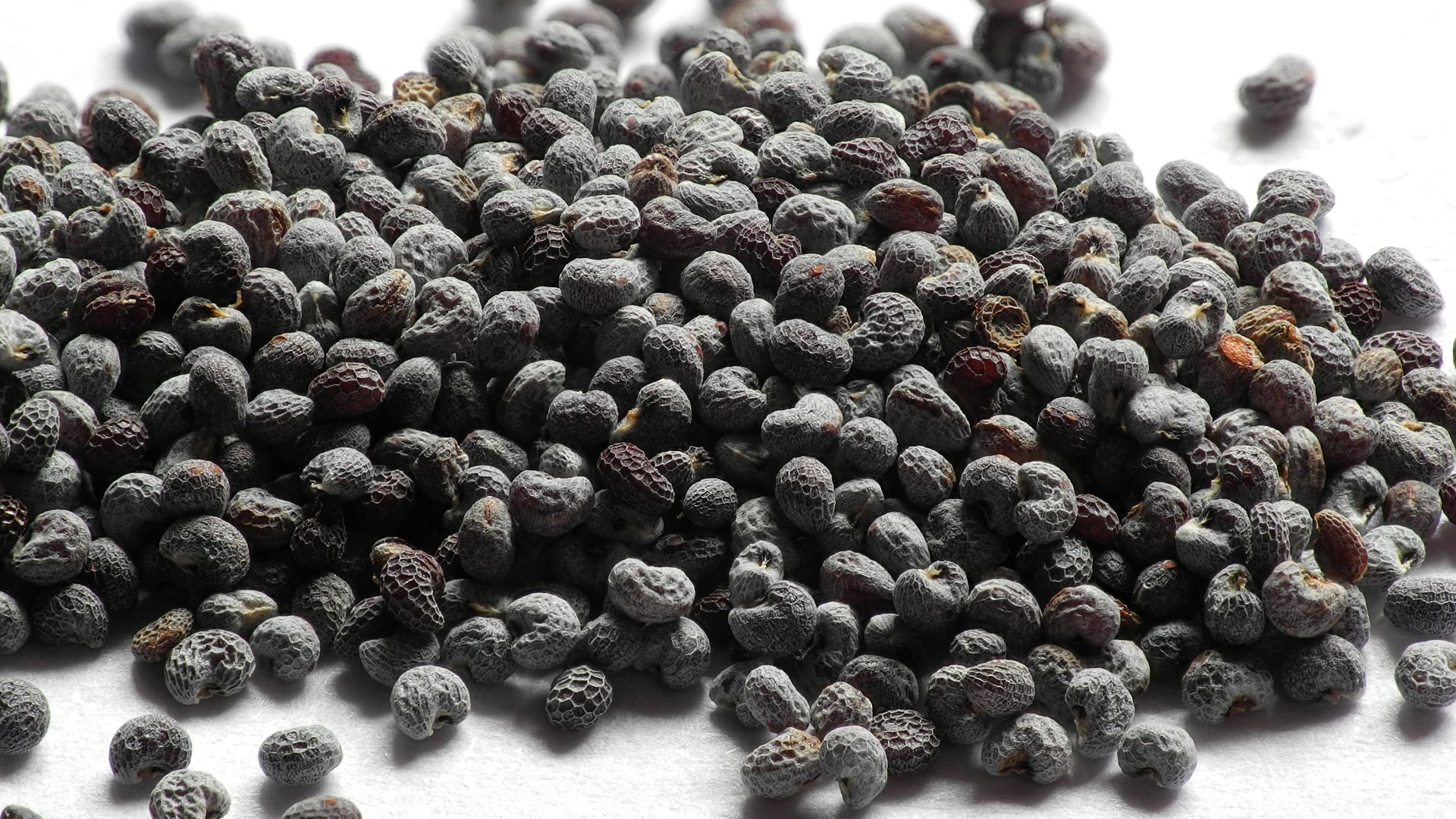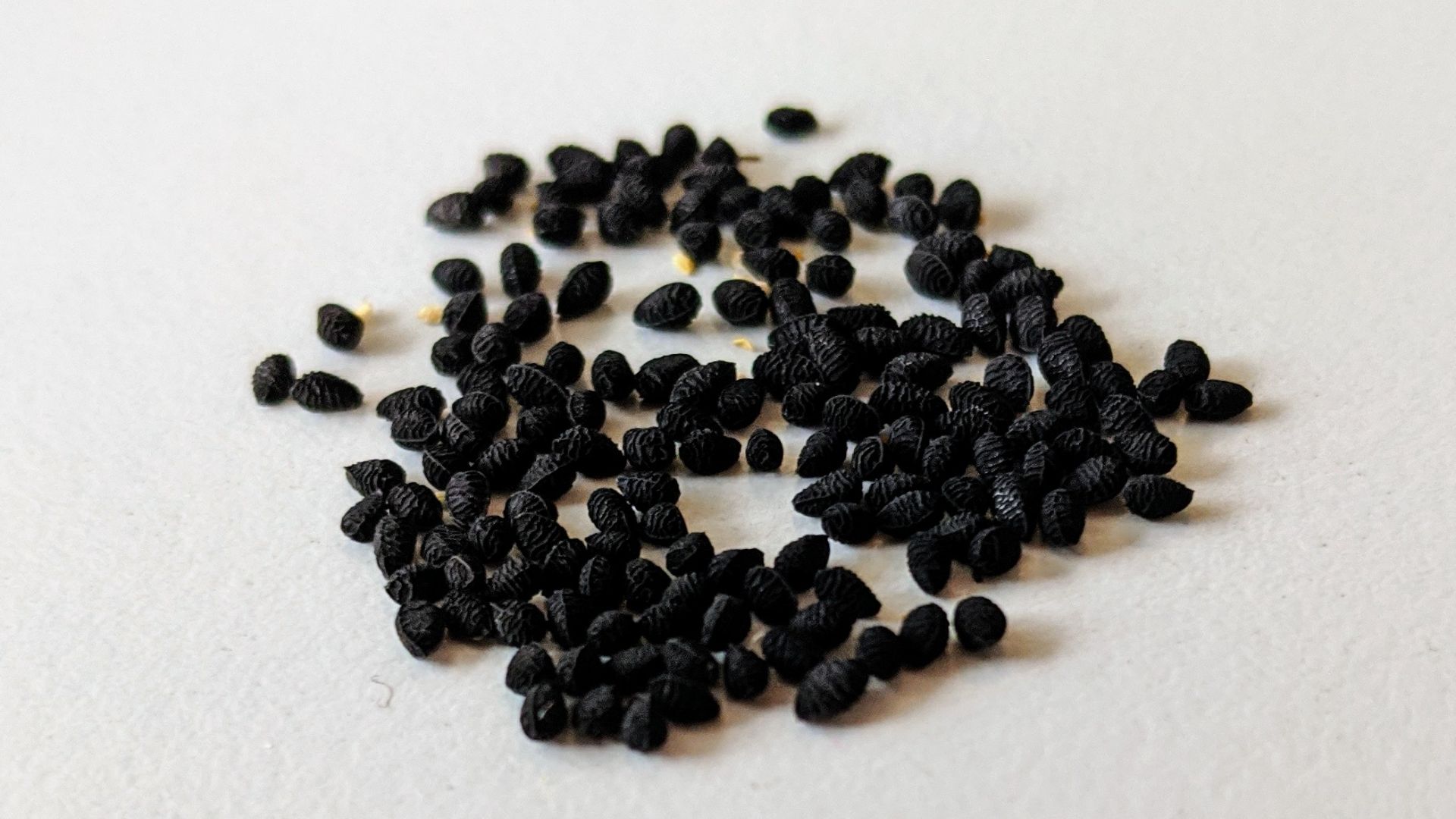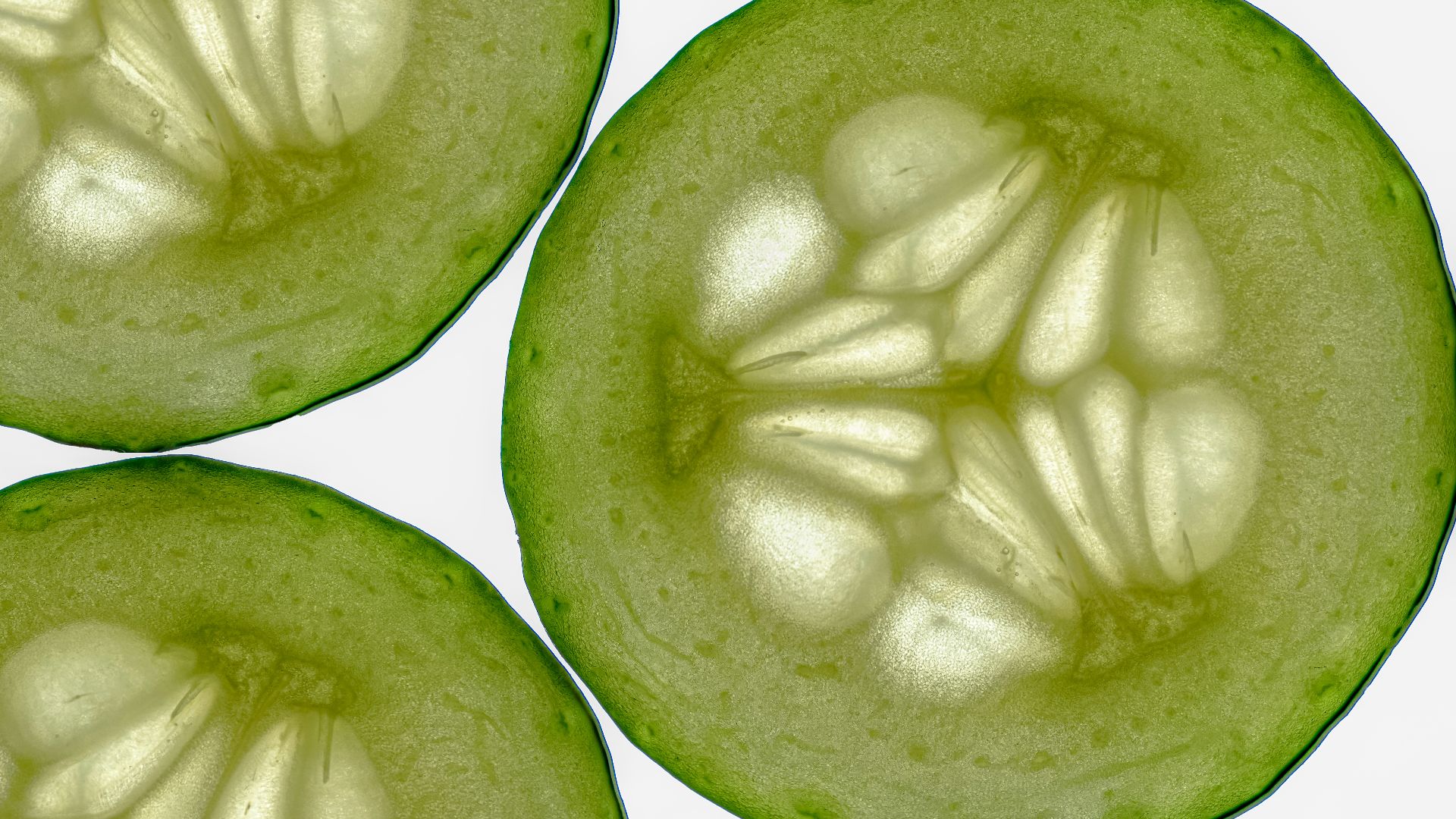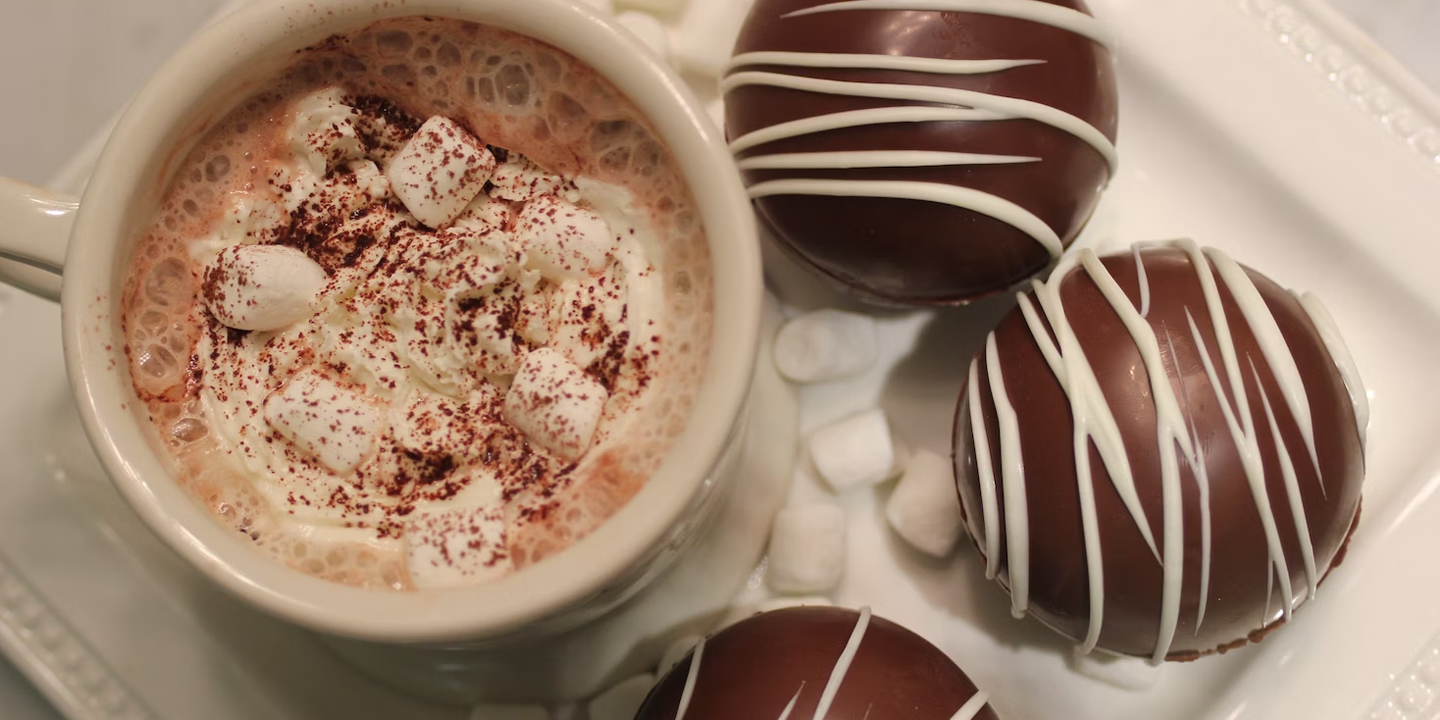Small but Mighty!
Few superfoods pack as powerful a punch in as small a package as nuts and seeds. These nutritional powerhouses are full of healthy fibers, plant-based protein, and a variety of essential nutrients. Research continues to show their health benefits for heart health, brain function, and general well-being. Whether you’re sprinkling them over your salad or blending them into your morning smoothie, just a spoonful of nuts and seeds per day can have a powerful impact on your vitality. Here are 20 of each you can consider adding to your regular diet!
1. Almonds
While many of us regard almonds as nuts, they are in fact one of the most nutrient-dense seeds on the planet. These seeds pack an impressive number of body-boosting effects, including the ability to potentially lower LDL cholesterol and support heart function.
2. Walnuts
Another casual misnomer, these edible seeds come encased in a hard shell with a very distinct brain-like appearance. Full of powerful antioxidants and plant-based omega-3 fatty acids, walnuts can help protect against oxidative stress and support cognitive function.
3. Cashews
You might not know that cashews are seeds of the cashew apple, a fruit of a tree indigenous to Brazil. An excellent source of magnesium, phosphorus, and trace amounts of copper, cashews contain all the nutrients essential for maintaining bone density and supporting collagen in our joints.
4. Pistachios
These vibrant, flavorful nuts have ancient roots in the Middle East and Central Asia. A member of the cashew family, pistachios are not only high in protein and fiber but are one of the lowest-calorie nuts on the glycemic index—great for people with type 2 diabetes.
5. Brazil Nuts
Although the word nut is in the name, Brazil nuts are seeds of a massive tree native to the Amazonian rainforest. These unique nuts are powerfully nutritious and contain high levels of selenium, an essential mineral for optimizing thyroid function and immune response.
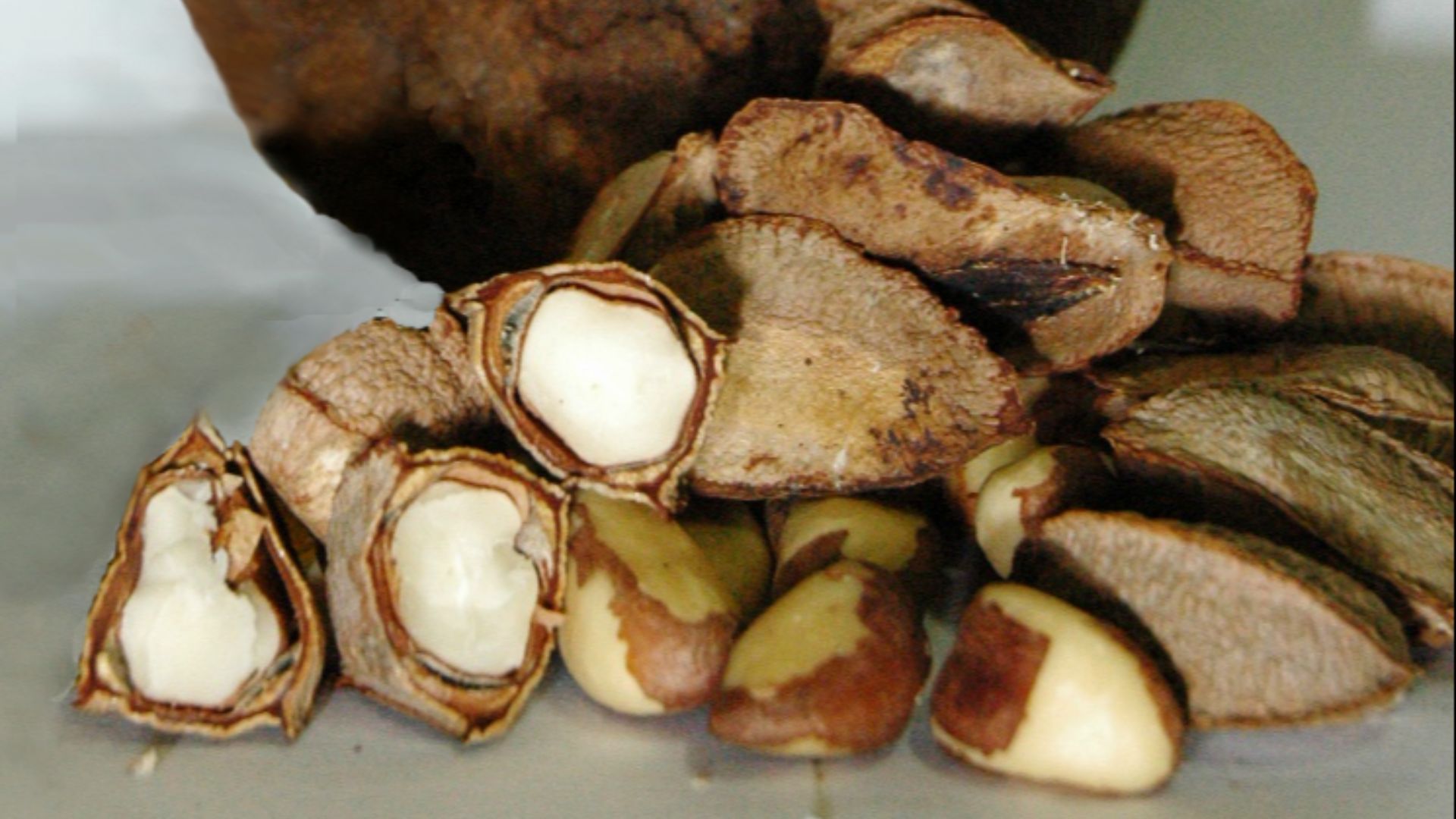 P. S. Sena, edited by User:RoRo on Wikimedia
P. S. Sena, edited by User:RoRo on Wikimedia
6. Macadamia Nuts
Indigenous to Australia, these seeds-called-nuts are the creamy, buttery royalty of the baking world. The high monounsaturated fat content not only helps lower harmful LDL cholesterol but can reduce the inflammation of your blood vessels, reducing your risk of coronary artery disease.
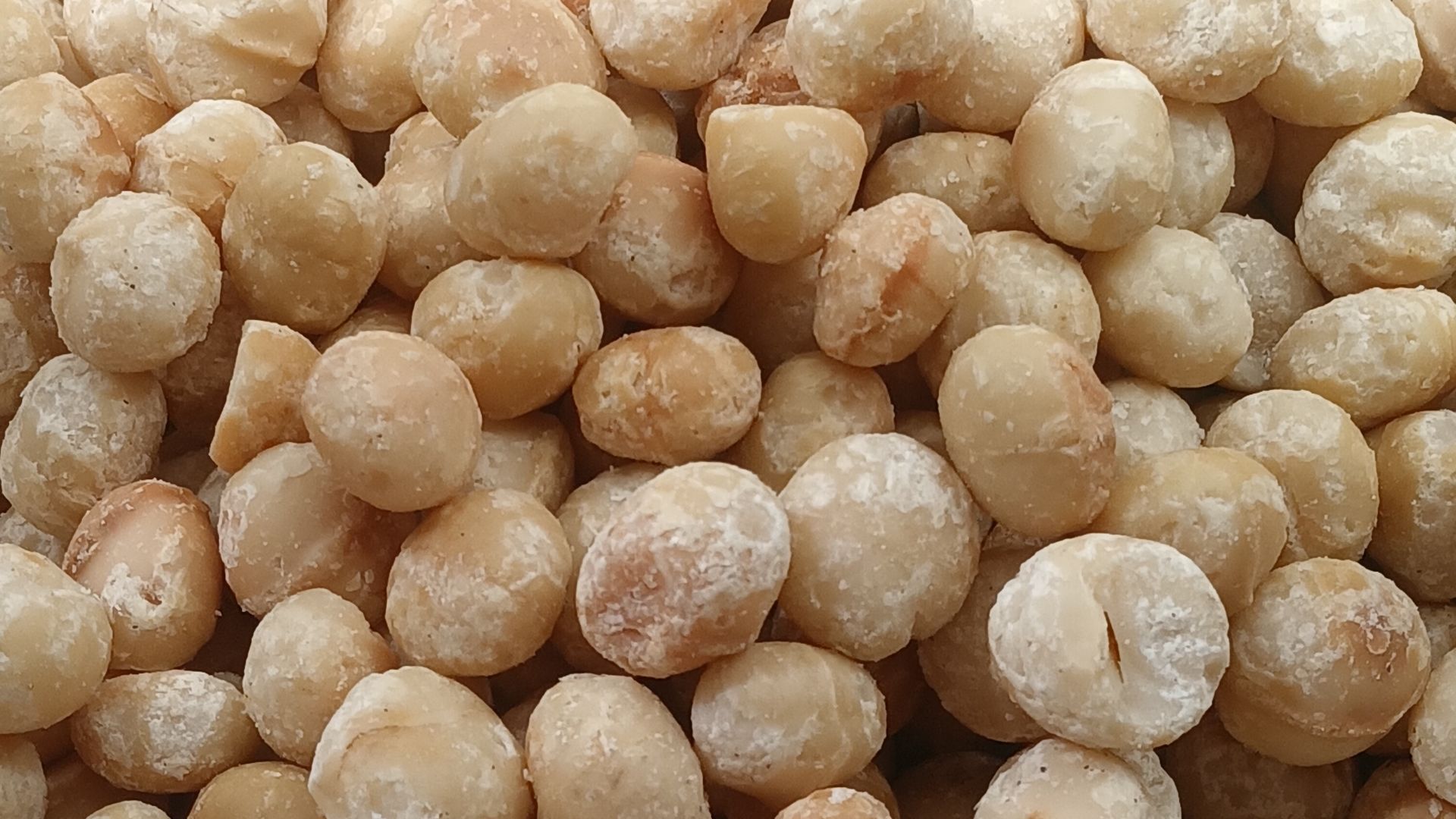 Fumikas Sagisavas on Wikimedia
Fumikas Sagisavas on Wikimedia
7. Hazelnuts
Although best known for being a primary ingredient in Nutella, hazelnuts still pack a powerful array of health benefits. They contain magnesium, potassium, and calcium, which together play an important role in regulating blood pressure.
8. Pecans
While technically considered a drupe (fruit with a single pit), pecans have a rich history in their use in North American pie baking. Extremely high in antioxidants, pecans’ natural compounds and vitamin E content support cardiovascular health and neutralize free radicals, lowering systemic inflammation.
9. Pine Nuts
Only about twenty species of pine trees produce these seeds, but these tiny, tender seeds play a major role in Mediterranean cuisine and boast an impressive nutritional profile. Among their many benefits, these seeds contain pinolenic acid, a unique compound that has been found to reduce appetite and food cravings.
10. Chestnuts
Chestnuts roasting on an open fire is more than just a beloved holiday lyric—they really are a winter staple used in stuffing, soups, and pastries. Lower in calories and fat than most nuts, their high dietary fiber content helps support regularity and a diverse gut microbiome.
11. Chia Seeds
These seeds come from a flowering herb native to Central America, and for centuries were a staple food of the Aztecs and Mayans. Usually black and white with a mild, nutty flavor, chia seeds are one of the best sources of alpha linolenic acid (ALA), a key supporter in reducing systemic inflammation.
12. Flaxseeds
Cultivated for thousands of years across the Mediterranean and western Asia, flaxseeds come in brown and golden varieties. They contain both soluble and insoluble fiber, which helps support digestive health and contributes to regulating blood sugar.
13. Pumpkin Seeds
These flat, oval seeds are harvested from inside pumpkins and other types of squashes. Rich in tryptophan, an amino acid that converts to serotonin and melatonin, these seeds may even help you get a better night's sleep.
14. Sunflower Seeds
These seeds come from the large flowering head of the sunflower plant and have been used as food by various cultures for thousands of years. The oil produced from this seed is one of the most popular cooking oils in the entire world.
15. Sesame Seeds
These diminutive seeds come in a variety of colors and are harvested from a flowering plant native to Africa and India. One of the best plant-based sources of calcium, sesame seeds may play an important role in helping maintain bone health and muscle function.
16. Hemp
This fascinating superfood has an amazing nutritional profile that contains all nine essential amino acids, making it a complete plant protein. They also contain the ideal 3:1 balance of omega-6 to omega-3 fatty acids, making them a valuable addition to any heart and brain health regimen.
17. Poppy Seeds
Sourced from the poppy plant, poppy seeds have been a common ingredient sprinkled on breads, pastries, and desserts across many cultures for thousands of years. Rich in iron, a single tablespoon of poppy seeds contains roughly 1.2 mg of iron and can help support red blood cell production.
18. Nigella Seeds (Black Cumin)
Because of their ability to modulate the immune system, folk medicine has used Nigella seeds to boost immunity and fight infections for centuries. Imbued with a unique peppery taste and intriguing medicinal properties, these legendary seeds are nicknamed the “seed of blessing” and were even found in the tomb of King Tutankhamun.
19. Quinoa (Technically a seed!)
Native to the Andes Mountains of South America, quinoa is a superstar food that has recently taken the spotlight in the health world. While technically not a true grain but a seed, this nutrient-packed dynamo is a rare complete plant protein, containing all nine essential amino acids.
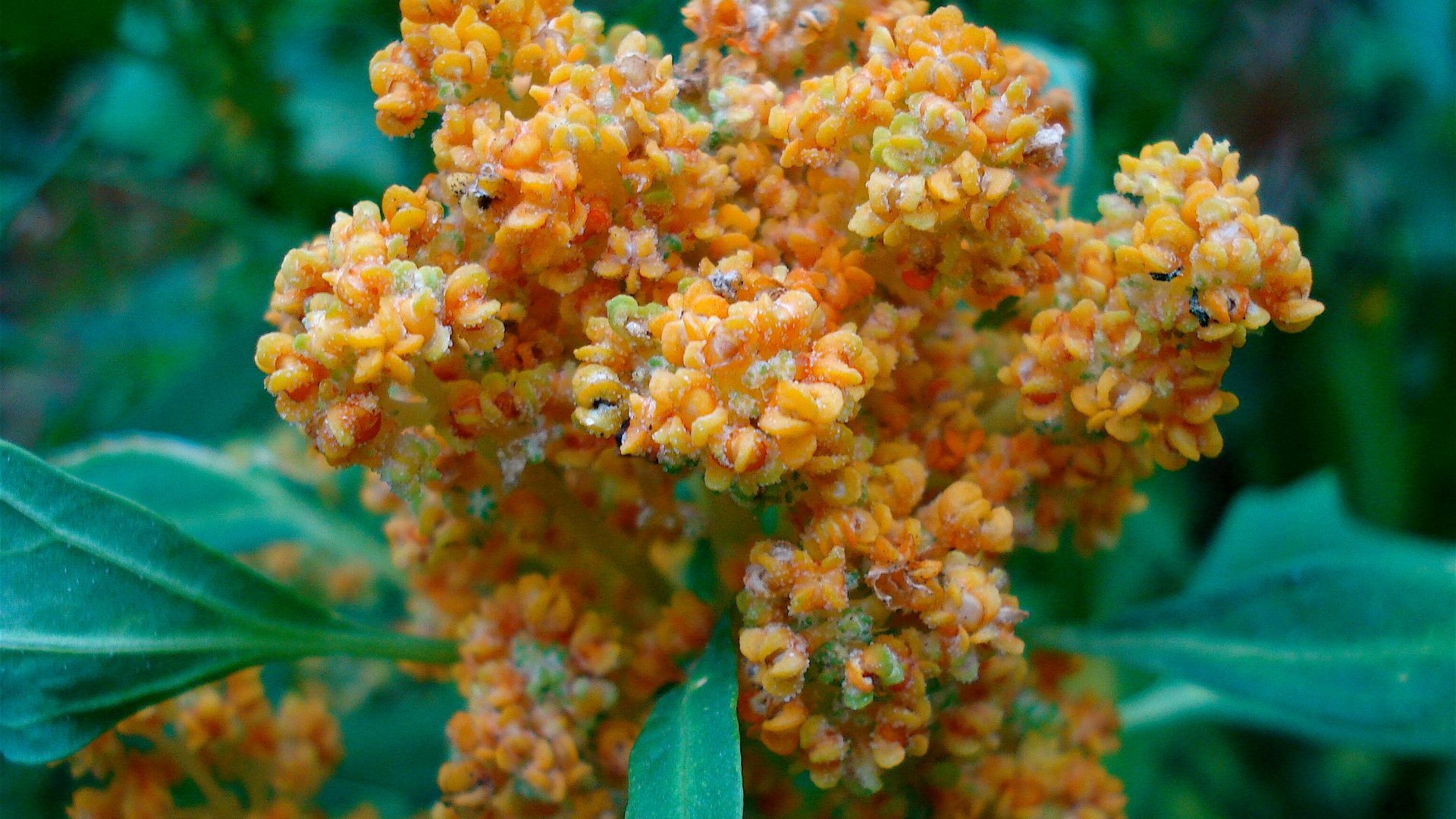 Christian Guthier on Wikimedia
Christian Guthier on Wikimedia
20. Cucumber Seeds
Although not as popular as other seeds, cucumber seeds are surprisingly nutritious and can even help with hydration, as they have a naturally cooling effect on the body. Some studies suggest that the compounds in cucumber seeds may have anti-cancer properties.
KEEP ON READING



